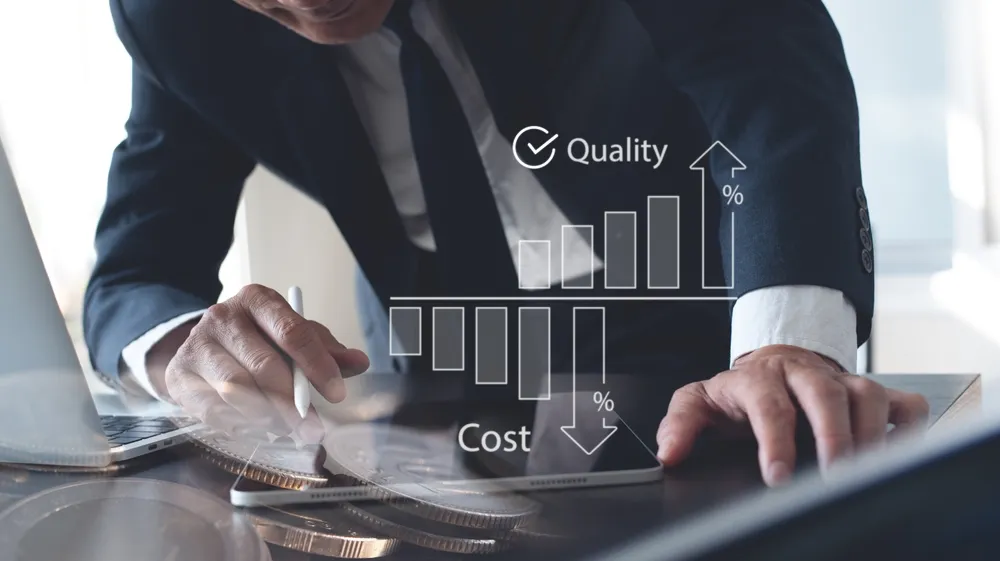Implementing TQM and Continuous Improvement Course
Introduction
The Implementing TQM and Continuous Improvement Course equips participants with a comprehensive understanding of how quality concepts have evolved and the contributions of key quality experts. This course delves into various quality systems, models, and methodologies, including excellence awards, ISO standards, Lean, and Six Sigma. Participants will gain hands-on experience with these tools to enhance organizational performance. By the end of the course, they will be well-prepared to implement best practices for selecting, developing, and embedding effective quality structures and tools in their organizations.
Objectives
By the end of this Implementing TQM and Continuous Improvement Course, participants will be able to:
- Justify the use of quality models and identify major quality concepts and frameworks presented by quality experts.
- Analyze the key factors that contribute to the successful deployment of Total Quality Management (TQM) systems.
- Apply TQM enhancement tools to meet client needs and improve internal processes.
- Explain various benchmarking strategies and methods to advance quality improvement efforts.
- Implement effective techniques from major improvement methodologies.
Training Methodology
- Interactive Workshops
- Case Studies
- Group Discussions
- Simulations
- Role-Playing Exercises
Course Outline
Unit 1: Introduction to Total Quality Management Concepts
- Definitions and historical background of quality and quality models
- Overview of TQM and its critical success factors
- Relationship between ISO 9000 and TQM
- Benefits and costs associated with quality models
- Comparison of quality gurus (Deming, Crosby, Juran)
- National Quality Awards: Malcolm Baldrige, EFQM, Dubai Quality Award, HH Sheikh Khalifa Excellence Award
- Selecting the right model for your organization
- Assessing quality maturity
Unit 2: The Success Elements of TQM
- Quality from the customer's perspective
- PDCA (Plan, Do, Check, Act) model
- Problem-solving processes and process thinking
- Eliminating non-value-added activities
- Management by facts and continuous improvement (Kaizen)
- Employee involvement and reward systems
Unit 3: Improvement Tools and Methodologies
- Overview of quality tools and control techniques
- Cause and effect diagrams, check sheets, control charts, histograms, Pareto charts, scatter diagrams, stratification
- Brainstorming and various diagrams (e.g., tree, how-how, why-why)
- Force Field Analysis
- Affinity Diagrams
- Process Mapping: Turtle Diagram
- Pokayoke (Error Proofing)
- Lean principles and the 5S program
- Six Sigma methodology
Unit 4: Benchmarking as a Tool to Improve Quality and Business Processes
- Definition and benefits of benchmarking
- Time benchmarks
- Supported and unsupported benchmarking methods
Unit 5: Elements of a Continuous Improvement Process
- Steps to achieve continuous improvement
- Factors leading to failure in TQM implementation


















